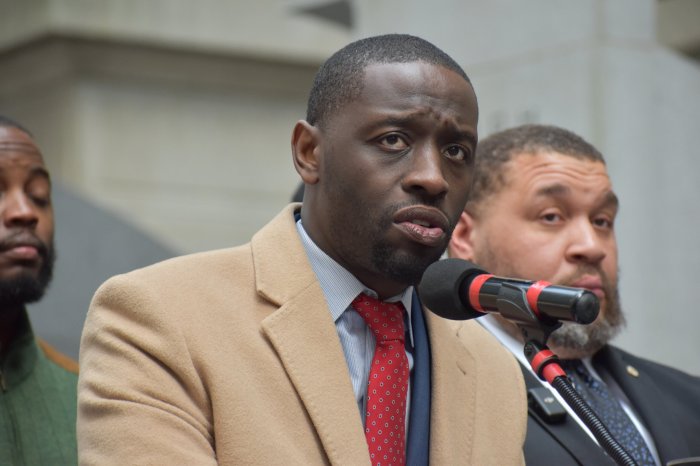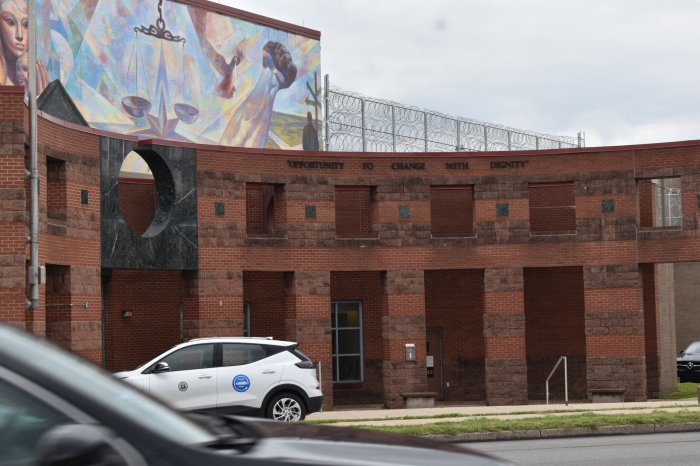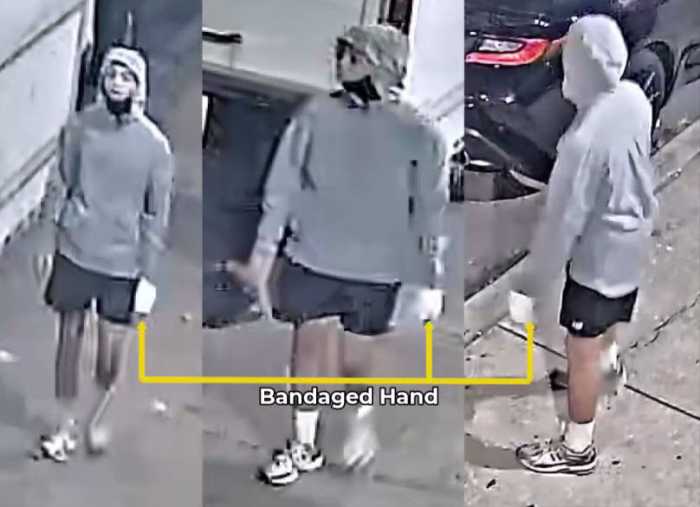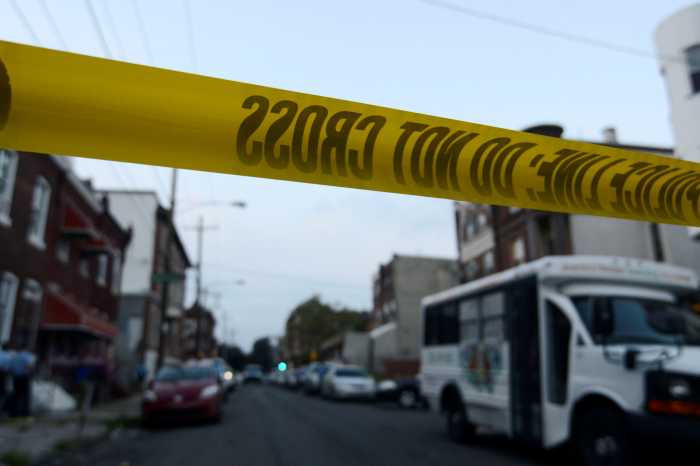Voters are set to decide in May whether to overhaul oversight of Philadelphia’s beleaguered jails and create a dedicated board and office to hold monthly meetings, review policies and investigate complaints.
City Council, in its last session before a winter recess, passed legislation Thursday authorizing the ballot question, a necessary step because the measure requires a charter change. The vote was unanimous.
Since the onset of the coronavirus pandemic, the Philadelphia Department of Prisons has been plagued by a profound staffing crisis, inmate deaths, violence and jail escapes, among other issues. Last week, two correctional officers were charged with selling contraband phones and drugs to members of the incarcerated population.
The jails, all of which are clustered along State Road in the Northeast, are also being monitored by a federal court as part of a class-action settlement over conditions inside the walls.
Advocates and even former members of the current prison advisory council, which would be replaced if the ballot question is approved, have criticized the body as lacking transparency and impartiality.
Efforts in Council to create a more independent system of oversight date back at least two years.
“We will make history as it relates to what we’re looking to do with our prisons, the oversight of our prisons and looking to address an institutional issue that has really had a negative impact on our city, but especially Black folks in Philadelphia,” Councilmember Isaiah Thomas, one of the legislation’s prime sponsors, said Thursday.

Thomas said he and his office have been in negotiations with Mayor Cherelle Parker’s administration “for the entire year” over the specifics of the measure. Prisons Commissioner Michael Resnick, a Parker appointee, testified against the legislation in October, arguing that the PDP does not need more oversight.
Evidently, one point of contention was how members of the nine-person Prison Community Oversight Board would be selected. Earlier drafts had Council appointing five and the mayor nominating four.
The resolution approved last week has the mayor and Council each selecting four, with the final member appointed by the city controller.
At least one person on the board must be someone who has been incarcerated, according to the text of the legislation. No one who has worked for the PDP, Sheriff’s Office or police department is eligible to serve on the body.
A prison oversight director, who would oversee the office within city government, would be selected by the chief public safety director (currently Adam Geer) from three candidates submitted by the board.
Funding for the office is tied to the PDP’s budget; however, the city is only required to devote a minimum of 0.0045% of prison spending to the oversight team. That would equate to less than $14,000 in the current fiscal year.
Employees would be empowered to “review, investigate and provide recommendations” and be able access PDP staff, the inmate population, jail facilities, databases and documents, the legislation states.
The board would be able to direct specific investigations and is mandated to hold public meetings at least once a month.

Chief Public Defender Keisha Hudson described the legislation as “a crucial step toward accountability and transparency in Philadelphia’s jails.”
“The passage of this bill is a pivotal moment for reform, but to be effective, every system stakeholder must collaborate on the implementation of this legislation and other solutions to the systemic challenges within our jails,” Hudson added, in a statement.
Thomas, after the measure passed, said he will “continue to work with the mayor and the coalition to put us in a position to define exactly what this prison oversight board will look like.”
Parker, during her “state of the city” address Friday, gave Thomas a shout-out for his prison-related efforts. The PDP, she added, is “slowly but surely starting to show signs of improvement.”
Earlier this month, Parker spoke at a graduation ceremony for 48 correctional officer recruits, the largest cadet class in nearly a decade, according to the Mayor’s Office.
The most recent monitor’s report in the federal court case, filed in October, counted more than 800 unfilled CO positions – a vacancy rate of 45%. Over the summer, the judge overseeing the case ordered the Parker administration to set aside $25 million to improve conditions inside the jail to meet the terms of the settlement.




























